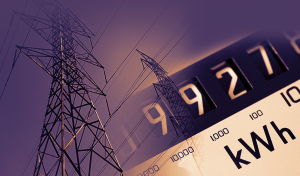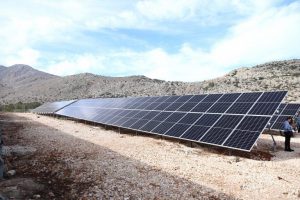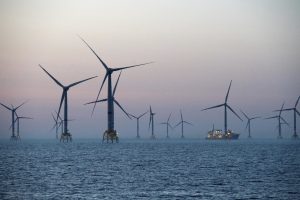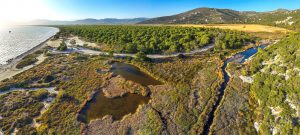Latest News
-
“In the next 10-20 years it may not be safe to eat fish” – Microplastics in Greek seas
-
Greek Finance Minister Kyriakos Pierrakakis Meets with U.S. Treasury Secretary Amid IMF-World Bank Meeting
-
Greece Announces Plan to Build New Volunteer Military Reserve Forces
-
Go Delete Yourself From the Internet. Seriously, Here’s How.
-
Study Reveals Only 13.6% of Greeks Trust Political Parties
-
Iran: Powerful explosion at Bandar Abbas port – Dozens injured
-
Trump and Zelensky met one-on-one before Pope Francis’ funeral
-
Pope Francis’s Funeral: A Break from Papal Tradition
-
Koel: The Ultimate All-day Spring Arrival in Southern Athens On a Mission to Make You Smile
-
Who Is Attending the Pope’s Funeral?
-
Pope Francis’ Funeral
-
Conclave Betting Pools and Bingo Cards: The ‘Super Bowl of Being Catholic’












